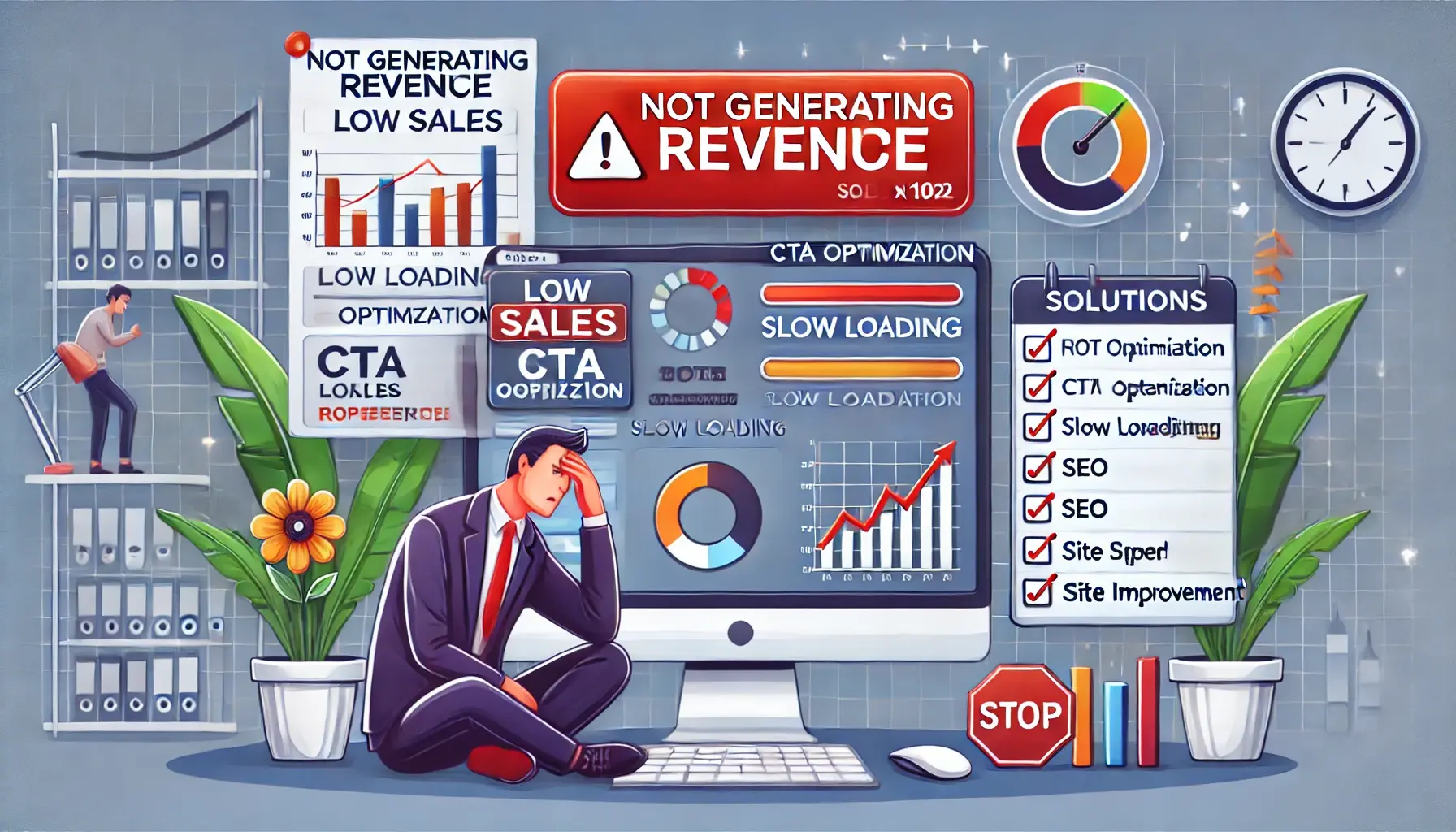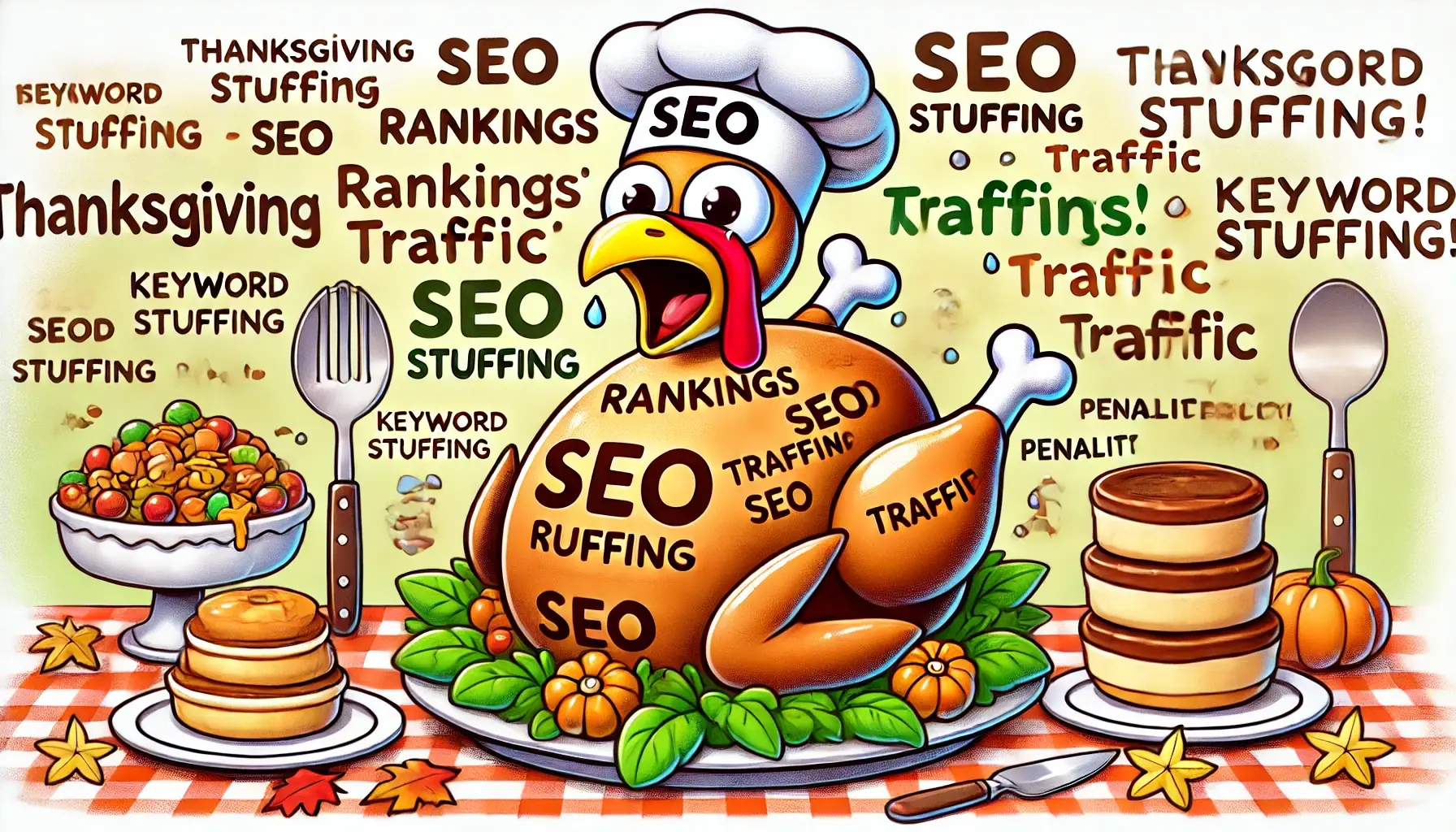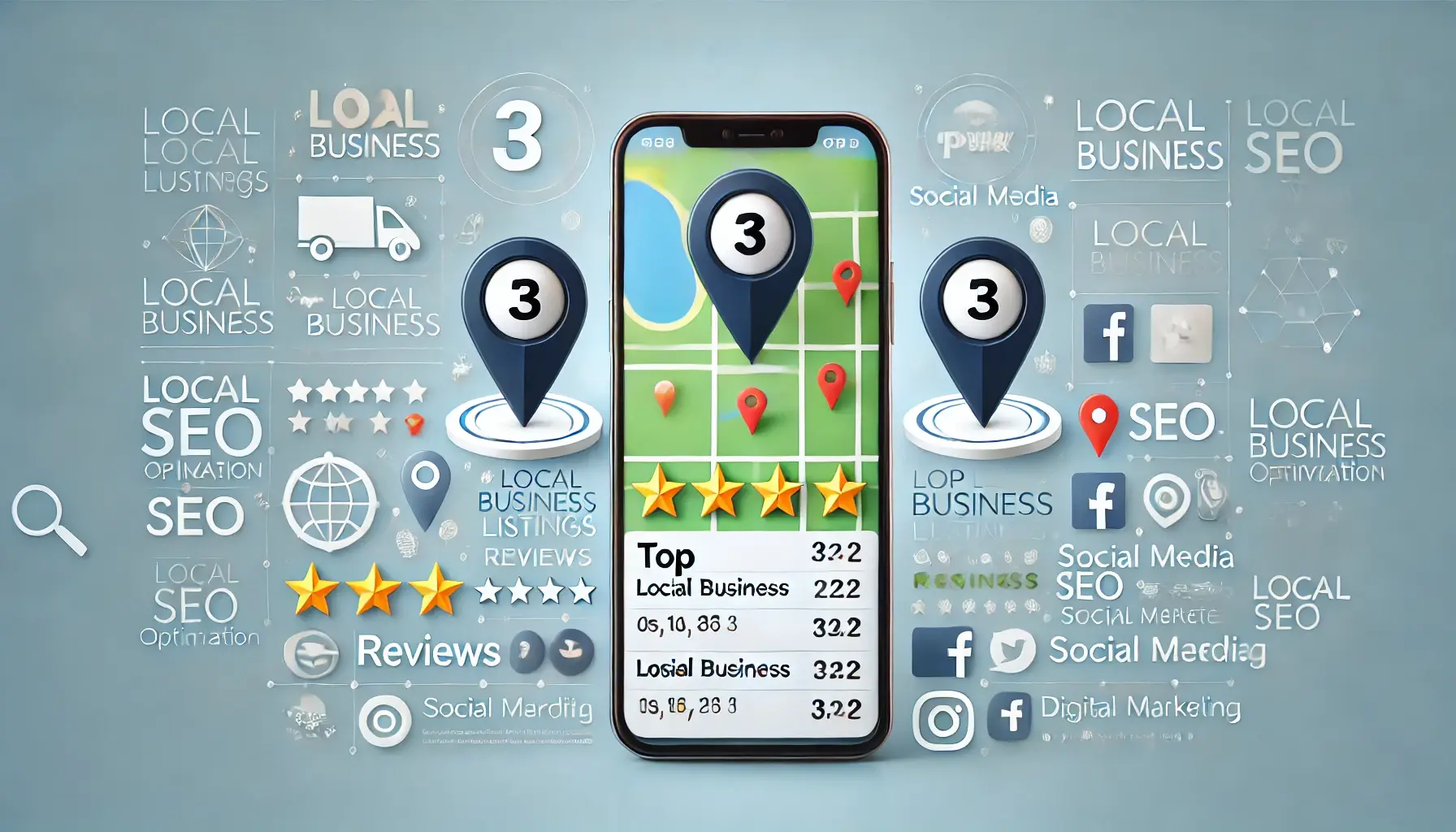
Search engine optimization isn’t just about writing blog posts and adding keywords. You also have to think about keyword variations, density, and other elements that can make all the difference in how your readers and search engines find your content. The word “keyword” comes from a time when SEO was primarily about choosing relevant words as tags for documents stored in an online system. Those days are gone—but keyword research is more important than ever before. Here are five types of keywords you need to know to optimize your blog.
Synonyms
Synonyms are words with the same or similar meanings so that you can use them as keywords instead of other words. You can find synonyms with online tools such as thesaurus.com or Google’s built-in translation and synonym tools, or you can ask your readers to suggest words. Choose a few keywords to use as synonyms, and then use them to replace more general keywords. If you’re writing a post about student loans, you could use general keywords such as student loans, college loans, and financial aid. But by using synonyms such as tuition, cash assistance, and educational stipend, you make your content more specific, which can help improve your SEO. Synonyms can also expand the number of people who can find your content through searches.
Long Tail Keywords
You can think of long tail keywords as variations of other keywords. You might use a long tail keyword for two reasons. First, it gives you another keyword to use in your post. Second, it makes your post more specific, which can help you rank for more competitive terms. For example, if you’re writing a blog post about how to start a blog, you could use keywords such as “how to start a blog,” “how to start a blog for beginners,” or “how to start a blog and make money.” If you only use the first keyword, you’ll get plenty of visitors, but they’ll probably bounce straight back to their search results because your post won’t be very relevant to them. If you use long tail keywords, you can attract visitors who are more interested in your content because you’ve narrowed the focus of your post.
Trending Keywords
Not only do you want to attract visitors who are actively looking for the information you provide, but you also want to attract people who are just curious about the topic. Researching and including trending keywords in your posts is a good way to do this. While looking for trending keywords, notice which topics have low competition, so you can focus on those as well. To find trending keywords, use online tools such as Google Trends, Keywordtool.io, or Trends for Websites. Some bloggers create a list of trending topics and include them in each post. While this strategy can be effective, it can also feel forced and unnatural, so don’t go overboard. If you find yourself using trending keywords in every post, it’s probably time to come up with a more sustainable strategy.
Density
As you write your posts, you want to ensure you’ve included enough keywords to rank for the terms you want. But you also want to avoid keyword stuffing or including so many keywords in one post that it’s unnatural. You can use a keyword density checker to see if your post has a natural density of keywords. However, this might not be the best way to tell whether you’re using the right amount since the tools are often inaccurate or difficult to use. Instead, you can look for other signs that your post has the right density of keywords, such as a natural flow that doesn’t sound forced or an online plagiarism checker that doesn’t indicate any problems. Don’t worry if your post isn’t perfect when it comes to density. You can always go back and edit it later to improve it.
Latent Semantic Keywords
As you’re brainstorming new blog topics, it can be helpful to think about similar topics that readers might search for. For example, if you’re writing a post about how to grow tomatoes, you could also consider including posts on how to grow other fruit and vegetables, herbs, and flowers. You can also be more specific and include only similar keywords that readers might search for. You might also consider posts about how to grow heirloom tomatoes if you're growing tomatoes. This type of keyword research is called latent semantic indexing, or LSI. When you use these keywords, you’re taking advantage of the natural way people search for information online. You don’t want to target these keywords too heavily, or your readers will feel overwhelmed. Instead, you want to sprinkle them in a natural way throughout your posts.
Conclusion
The word “keyword” comes from a time when SEO was primarily about choosing relevant words as tags for documents stored in an online system. Those days are gone—but keyword research is more important than ever before. Keywords are words and phrases people type into search engines when looking for information online. The better your blog content matches up with these keywords, the more likely you are to appear in search engine results. There are five types of keywords you need to know: synonyms, long tail keywords, trending keywords, density, and latent semantic keywords.






















